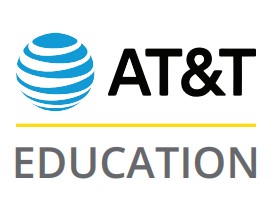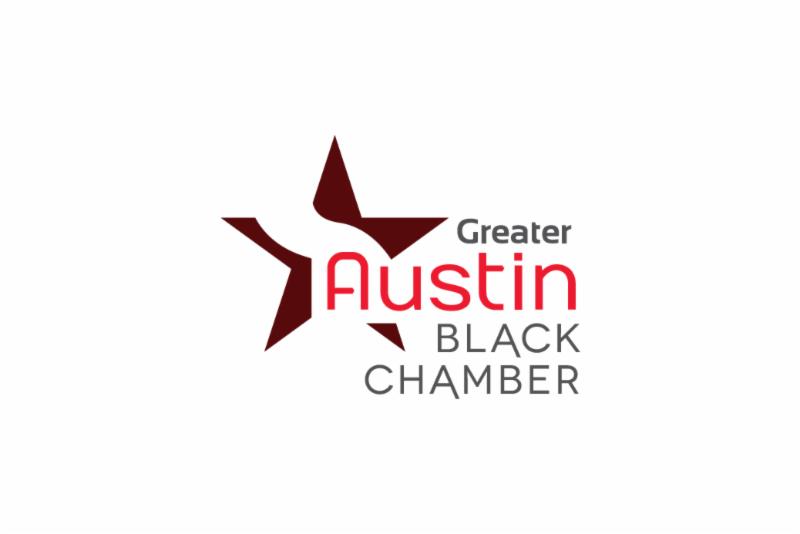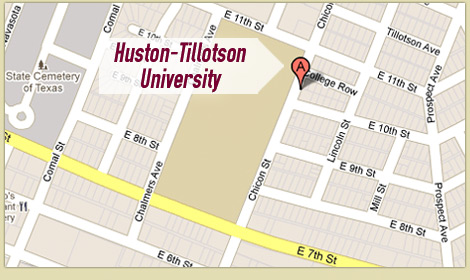
Click Here For Texas HBCU Conference Year One at Huston-Tillotson University
April 1-2, 2022
Community-Centered Public Policy, Civically Engaged Higher Education Institutions and the HBCU: A Conference of Texas HBCUs, April 1-2 (Friday-Saturday), 2022
Conference Description
Faculty, staff, and students of Huston-Tillotson University with community partners in a spirit of collaboration are reaching out. We seek partners among our sister HBCUs in Texas and all people and organizations of goodwill who wish to work together to address community needs in Texas, including state higher education funding of Texas HBCUs.
The process starts in conversation. Thus, we invite you to our campus this spring for a two- day conference. The conference will explore disciplinary perspectives that provide resources for common effort and strategies for reaching out.
Thank you to the following supporters.
 |
|||||
 |
|||||
Disciplinary Perspectives
The emerging field of civic studies provides a framework for thinking about public policy that draws on civically engaged institutions of higher education as a model. The conference focus, community-centered public policy research and development, emerges from the perspective. The possibilities for meaningful change that come from working together with and through community institutions, including in higher education, become apparent from thinking about public policy from such a perspective.
Civically engaged institutions of higher education are not new. The model animates the historic mission of the HBCU. But the vision is more pressing today than in recent memory. A crisis of civic purpose resulting in diminished capacity of our collective efforts is a profound challenge that confronts us today as Americans, in addition to the need for innovative and responsive public policy reflecting the contributions, needs, and values of peoples and communities.
A crisis of civic purpose, the pressing need for responsive and innovative public policy, these things work together and interact in negative fashion. The dynamic requires thoughtful leadership to break the cycle.
Thus, the conference offers discussion in both of these areas. Day one will be devoted to democracy. Day two will be devoted to public policy starting with Texas higher education funding. The discussion both days will feature HBCUs’ historic vision, mission, and legacy across institutional contexts – small private often religiously affiliated HBCUs and large public institutions with broad public or secular commitments.
Day One
The challenge of civic purpose that plagues American’s today is a challenge of first principles, shared basic values, concepts, and understandings at the heart of American democracy. Specifically, our failure as a society to develop policy processes and outcomes guided by them. Our democratic first principles are a source of inspiration. They are pre-partisan and therefore non-partisan. They can pull us and power us to work together. Community-centered public policy research and development with civically engaged higher education institutions as partners provides a model with the potential to change the dynamic. The approach is animated with deep currents of democratic meaning and commitment. The currents make sense within and across different institutional contexts – small private religiously affiliated HBCUs and HBCUs that are large public institutions.
Day Two
The conference’s second day will be devoted to public policy, including education as “the great equalizer.” The commitment is a deeply held American value, and, also, a central element
of the HBCU story. HBCUs in Texas generally are underserved with resources and support; this is especially true of the states’ small private HBCUs. Community-centered public policy can help shed light on their achievements.
The work of community-centered public policy has already begun in and though the courageous efforts of so many young people of color, especially, over the past year, who found the courage to lead in the face of the brutality inflicted upon many Americans black and brown and overwhelming poor at the hands of our criminal justice system. The next step now is to create expanded opportunities for collaboration in expanded areas of community need.
We invite submissions for conference panels, presenters, and discussants on the possibilities of and for civically engaged institutions as sources of community-centered public policy. What are the pressing needs? Where can and should the approach take us as a community, a society? What kinds of preparation and support are needed to nurture and grow the practice? We especially welcome submissions from individuals who think broadly about democracy – democracy as a politics/culture, a society, as well as a government – to make room for contributions from a variety of fields (religion, literature, science, humanities and the arts, the media, and more). The field of civic studies is interdisciplinary. Also, other policy areas important to Texas families, communities, and individuals can be offered as panel topics as a compliment to education.
We welcome your contributions. We look forward to working together. Please submit your proposals by clicking https://forms.gle/CnoscBtcVzu2AiMU6. Questions about the conference may be emailed to HCBU Conference Planning, rmceresa@htu.edu.




